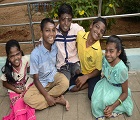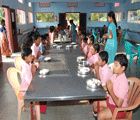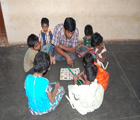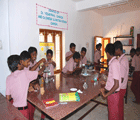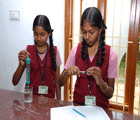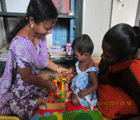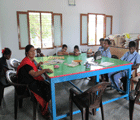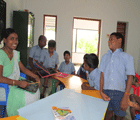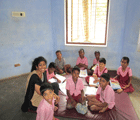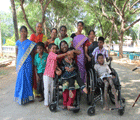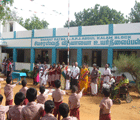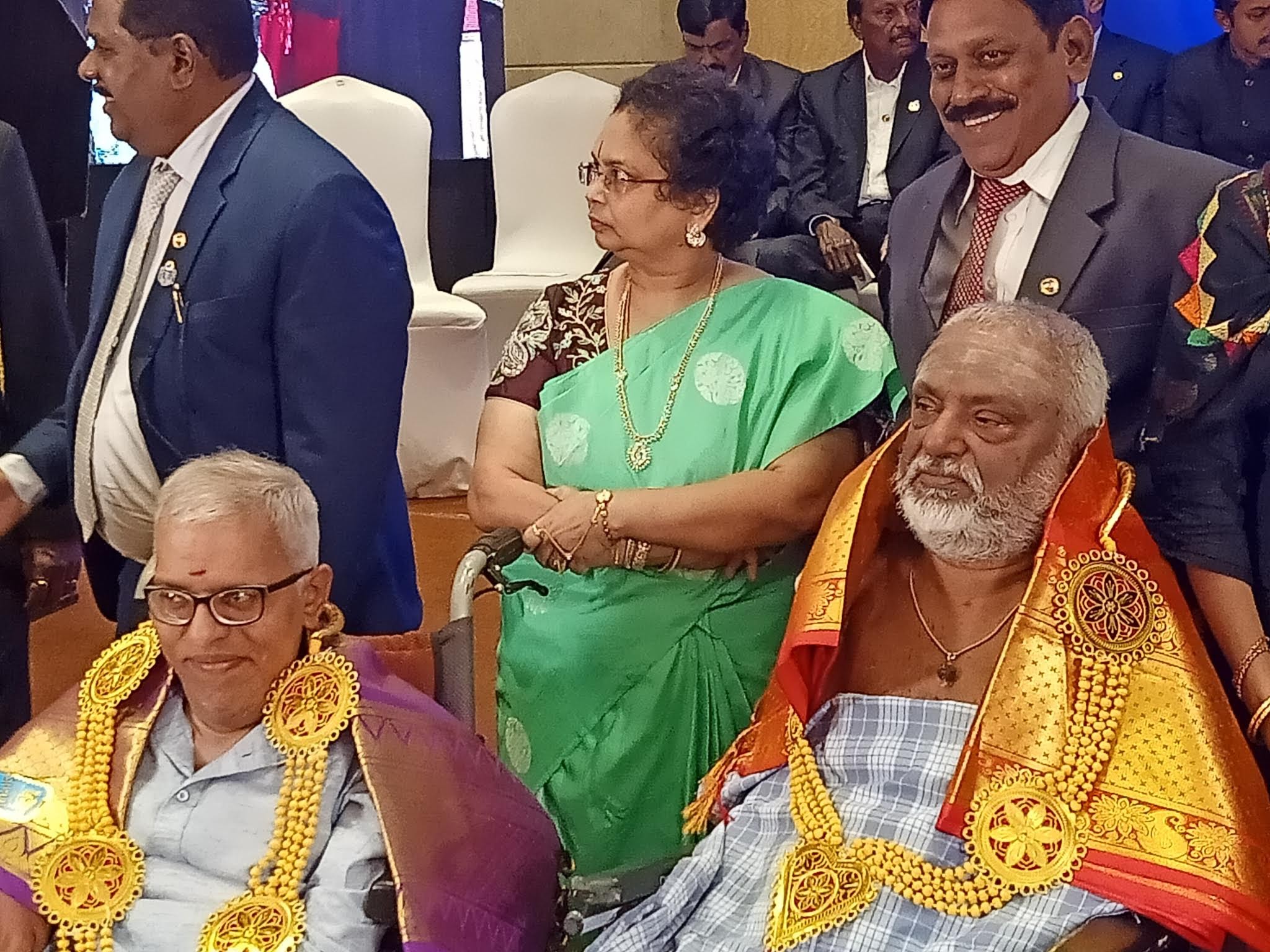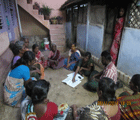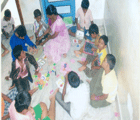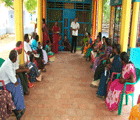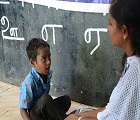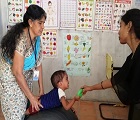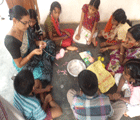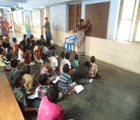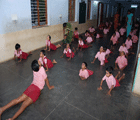- Home
- CREDIBILITY
- Governance
Governance
Organization chart
Our Policies
Amar Seva Sangam have defined and follows some policies:
Managerial Information Systems
Management Information System (MIS) aims at providing information that Sangam requires to manage various sections and activities efficiently and effectively. Computer systems are used for managing six primary components: 1) Hardware, 2) Software, 3) Data Base Management, 4) Systems and Procedures (design, development and documentation), 5) Section activities and 6) Website maintenance.
Management information system in Amar Seva Sangam is an ERP developed by internal team to record, analyse and facilitate strategic and operational activities.
The MIS systems cover following functional areas:
- Accounting
- Donor Base Management
- Sponsorship Management
- Early Intervention Program
- Schoolage Program
- Out Patient management for Medical Testing Unit
- Inward and Outward
- Vehicles Movements
- Inventories
- Gate Pass and Security
- Time Keeping and Payroll
- Project Management
- Repairs and Maintenance
- Daily Time Sheet
We established a new Internet Leased line to ensure uninterrupted internet facility.
Human Resource Development
HR Policies :
Amar Seva Sangam believes in the appointment of the physically challenged to the maximum extent possible. We provide ample opportunities to the physically challenged trainees who show keen interest, devotion, commitment and dedication in our endeavour and absorb them as staff of the Sangam. Out of 250 employees, 50 employees are physically challenged.
Training Workshop for personnel :
As a step towards improving the efficiency and performance of the staff, Sangam conducts training programmes on various subjects periodically. Eminent professionals from different streams of the society address the staff and guide them for improving their role in the organization. HRD does the periodical exercise in the following areas for employee skill improvement:
- Determination of competence requirement
- Identifying Training Needs
- Preparation of Training Plan, Organizing
- Training
- Evaluating the Effectiveness of Training
Various internal training workshop Programmes are conducted in the campus throughout the year in the following areas:
- Autism Training
- Professional Man training
- Communication & Co-ordination skills training
- Positive thinking and Spirituality training
- Balavikas training
- Curriculum modification training
- Stress Management training
- Fire & Safety training
- English Communication Training
- ASSA Rules and Policy for new recruiters training
External Training programmes
Employees are sponsored for external training programs conducted by various Government and private training institutions
- Essential of NGO Management training
- Autism Spectrum disorder training.
- Non-Violent Communication training
- Barrier Free Environment & Access Audit training
- Low cost material therapeutic training
- Gender and Disability Development training
- Early identification and detection of children Periodical meetings is a tool to sort out problems efficiently is the axiom we follow in our Sangam.
Internal Governance
Many meetings numbering more than 300 are held internally periodically within the institution to monitor the operations as below
- Section Meetings
- Section Heads and Dept. Head meetings
- Central Team meetings
- All staff meetings
- Monthly VBRI all staff meetings
- VBRI Team Leaders meetings
- ISO Meetings
Social Security
Employees welfare is our prime concern and we take all necessary steps to provide them adequate social security
- Provident Fund
- Gratuity
- GSLI
- Employees State Insurance
- Group Insurance
Performance Appraisal
ASSA has a three tier module of Performance appraisal in vogue. Every employee is given targets of deliverables at the beginning of the year with a time line and at the end of the year same is assessed.After Self-appraisal by the employees and reviewed by the section heads, the main appraisal as an interview with the concerned employee by a Committee of Executive Committee members headed by Secretary is completed and the result is given to the employee. Based on the result, annual increments are decided on a scale. This appraisal system helps the employees to interact well with the senior Management and understand their strength and weaknesses. Necessary counselling and training are organized for the employees during the next year.

